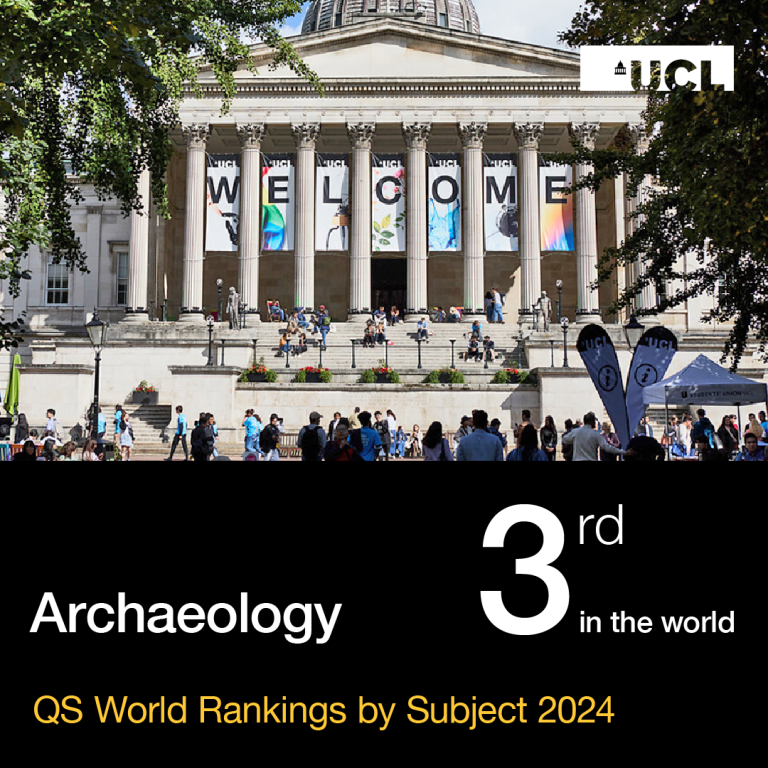This lecture and seminar-based module offers an introduction to the archaeology of the Americas.
It is organised around a consideration of key archaeological topics within broad regions of North, Central and South America. The timeframe examined stretches from the initial peopling of the continent to the European colonial period. The module considers environmental influences, material culture, domestication and agriculture, social organisation, regional interaction, and human impact on the landscape to develop a continent-wide comparative perspective on pre-Columbian fisher-hunter-gatherers, pastoralist and farmer societies within non-state and state/imperial contexts. As befits a module on the Americas, we also critically explore the use of ethnohistorical and ethnographic evidence in researching colonial encounters and interpreting the pre-Columbian past.
Please note that this module will not be running in 2020-21
Aims and Objectives
- To introduce evidence from archaeology and a range of disciplines (linguistics, epigraphy, geography, palaeoecology, ethnography) that bear on the reconstruction of the culture, history and interactions of the indigenous peoples of the American continents.
- To expose students to the most important current topics in the archaeology and evolution of indigenous societies of the Americas, providing knowledge that permit informed choices in the careers they wish to pursue, including specific areas of interest at PhD level.
- To encourage the development of new archaeological research in the Americas by raising awareness of the specific research questions, scientific strengths, and research weaknesses of archaeological research traditions in different regions and periods of analysis.
Learning Outcomes
- Students will learn about some of the most important topics in the Archaeology of the Americas, acquiring a broad understanding of the continent's history before European colonisation.
- Students will develop a continent-wide perspective on different archaeological trajectories as well as a nuanced understanding of the landscape of the Americas and its relation to archaeological evidence.
- Through a consideration of different research traditions in the Archaeology of the Americas, students will identify some of the key research questions that can be targeted by future archaeological research.
Teaching Methods
Short introductory lectures will outline significant topics focused in broad regions. The lectures will be followed by weekly readings-based seminars in which students will delve into these topics in more detail. Each seminar will be chaired by a lecturer and will provide opportunities to discuss broad dimension of the seminar's topics as well as individual case studies. Over the course of the term, the lecture and seminar series will support the development a comparative continental perspective.
Module information
- Code: ARCL0172
- Credits: 15
- Coordinator: Manuel Arroyo-Kalin
- Prerequisite: This module does not have a prerequisite.
- Handbook:
For registered students
- Reading list:
Availability
- Not running in 2023-24
 Close
Close


